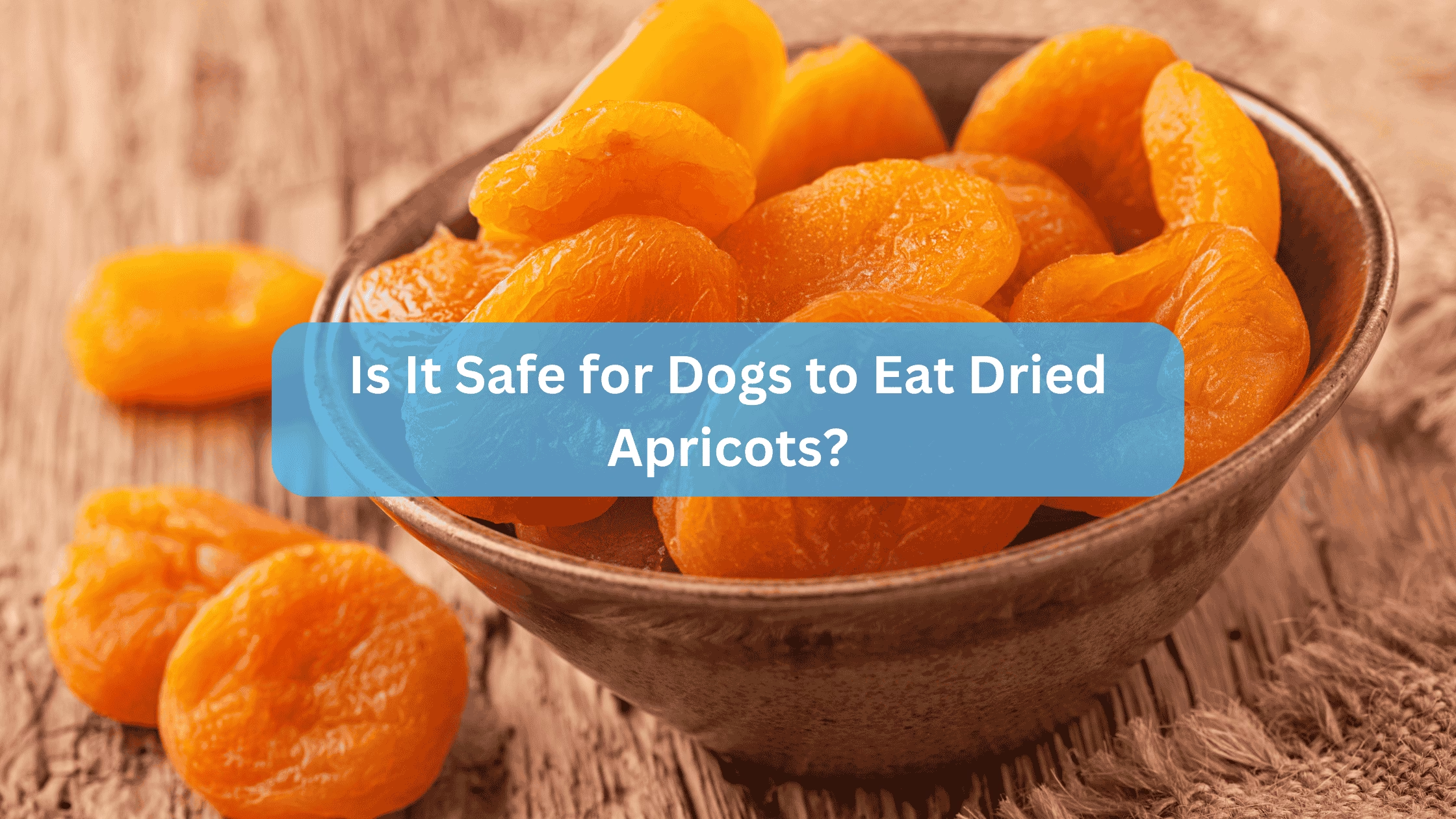As a dog owner, you might find yourself sharing various foods with your furry friend, including fruits like apricots. However, a common question arises: Is it safe for dogs to eat dried apricots? This guide will provide detailed insights into the safety, benefits, and risks associated with feeding dried apricots to dogs.
Understanding Dried Apricots
Dried apricots are made by dehydrating fresh apricots, which concentrates their sugars and nutrients.
While they are a popular snack for humans due to their sweet flavor and chewy texture, it’s essential to consider how these treats affect our canine companions.
Nutritional Benefits of Dried Apricots
Dried apricots can provide some nutritional benefits for dogs when given in moderation:
- Vitamins: They are rich in vitamins A and C, which support skin health and boost the immune system.
- Minerals: Dried apricots contain potassium and magnesium, which are vital for heart health and muscle function.
- Fiber: The high fiber content can aid digestion and help maintain regular bowel movements.
Despite these benefits, the concentrated nature of dried fruits means that they also come with some risks.
Risks of Feeding Dried Apricots to Dogs
While dried apricots can be a tasty treat, there are several risks associated with feeding them to dogs:
- High Sugar Content: Dried apricots have a significantly higher sugar concentration than fresh ones. Excessive sugar intake can lead to obesity and dental issues in dogs.
- Choking Hazard: The firm texture of dried apricots can pose a choking risk, especially for smaller dogs. It’s crucial to cut them into smaller pieces before offering them as a treat.
- Gastrointestinal Upset: The high fiber content can lead to diarrhea or vomiting if your dog consumes too many dried apricots or if they have a sensitive stomach.
- Cyanide Toxicity: Although the flesh of the apricot is safe, the pit contains amygdalin, which can convert to cyanide when ingested. While dried apricots typically do not contain pits, it’s essential to ensure they are pit-free before feeding them to your dog.
Guidelines for Feeding Dried Apricots to Dogs.
If you decide to give your dog dried apricots, follow these guidelines:
- Moderation is Key: Treats like dried apricots should only make up about 10% of your dog’s daily calorie intake. Limit servings to one small piece at a time.
- Check Ingredients: Always read the packaging for added sugars or preservatives that may be harmful to dogs. Avoid mixes that include raisins or other toxic fruits.
- Cut into Small Pieces: To reduce choking risks, cut dried apricots into smaller pieces before offering them to your dog.
- Monitor Your Dog: After introducing any new food, observe your dog for signs of gastrointestinal distress or allergic reactions.
- Consult Your Veterinarian: Before introducing any new treat into your dog’s diet, especially those high in sugar or fiber, consult your veterinarian for personalized advice based on your dog’s health needs.
Healthier Alternatives to Dried Apricots
If you’re concerned about the risks associated with dried apricots but still want to treat your dog with fruit, consider these safer alternatives:
- Fresh Apricots: Fresh apricots can be a healthier option as long as you remove the pit and any toxic parts. They provide similar nutritional benefits without the concentrated sugars found in dried varieties.
- Other Fruits: Many fruits are safe for dogs in moderation, such as blueberries, strawberries, bananas, and watermelon (without seeds). These options can be lower in sugar and easier on your dog’s digestive system.
Also Read: What to Feed a Nursing Dog to Increase Milk Production
Also Read: My Dog Ate Sunscreen: A Comprehensive Guide.
Conclusion: Is It Safe for Dogs to Eat Dried Apricots?
In conclusion, while it is generally safe for dogs to eat dried apricots in moderation, there are several risks involved that pet owners should consider.
The high sugar content and potential choking hazards make it essential to serve them carefully and sparingly.
Always prioritize your dog’s health by consulting with a veterinarian before introducing new foods into their diet.
By being informed about what foods are safe for your dog and understanding how to serve them properly, you can ensure that sharing your favorite snacks remains a joyful experience for both you and your furry companion.
Sources:
- https://spotpet.com/blog/dog-tips/can-dogs-eat-apricots
- https://wagwalking.com/sense/can-dogs-have-dried-apricots
- https://www.petpoisonhelpline.com/pet-tips/can-dogs-have-apricots/
- https://www.purepetfood.com/help/can-dogs-eat-apricots







